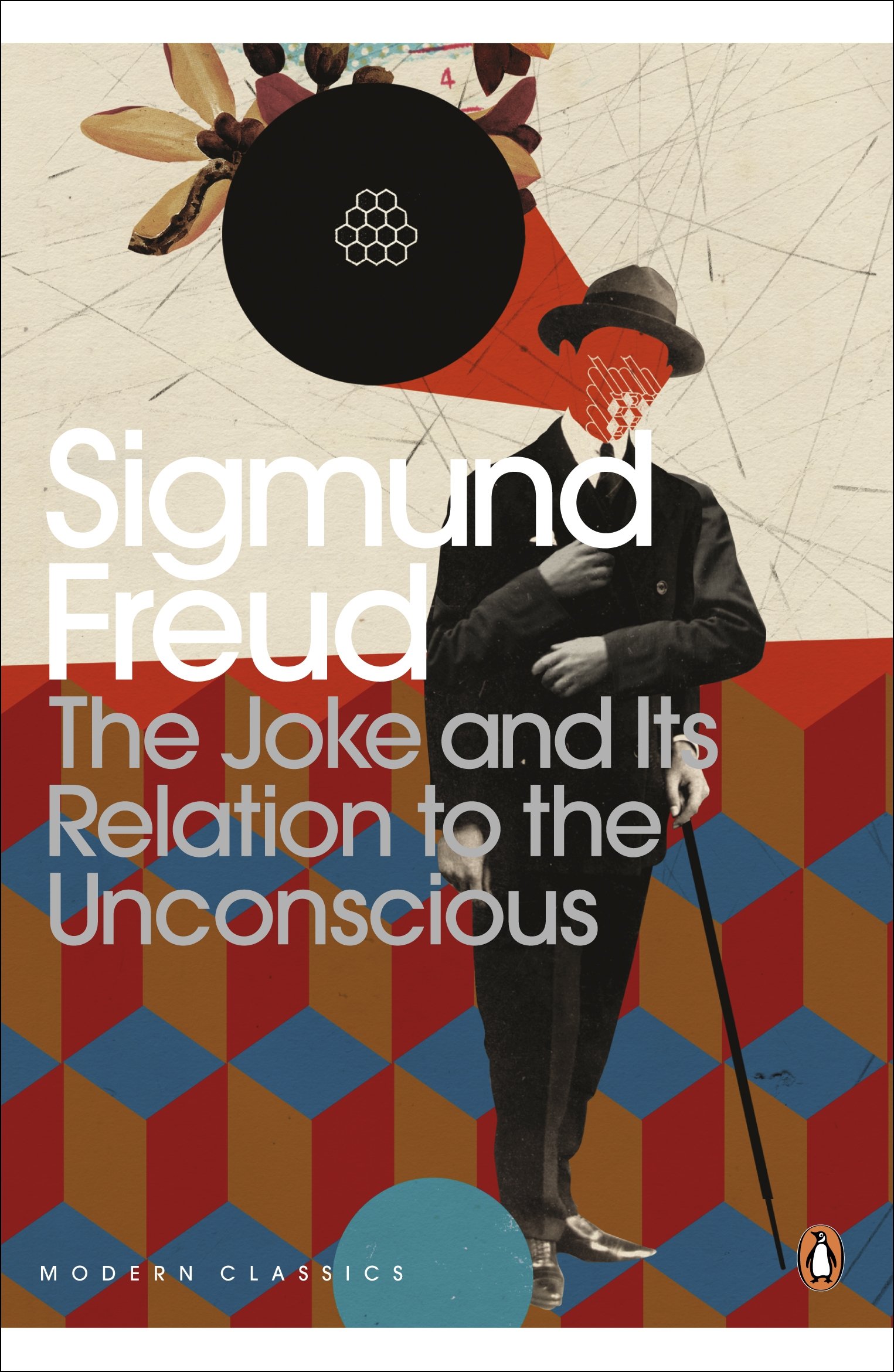Newly released
This book is new and will be uploaded as soon as it becomes available to us and if we secure the necessary publishing rights.

The Joke and Its Relation to the Unconscious Book PDF
(0)
Author:
Sigmund FreudNumber Of Reads:
102
Language:
English
Category:
Social sciencesSection:
Pages:
280
Quality:
excellent
Views:
885
Quate
Review
Save
Share
Book Description
Why do we laugh? The answer, argued Freud in this groundbreaking study of humor, is that jokes, like dreams, satisfy our unconscious desires. The Joke and Its Relation to the Unconscious explains how jokes provide immense pleasure by releasing us from our inhibitions and allowing us to express sexual, aggressive, playful, or cynical instincts that would otherwise remain hidden. In elaborating this theory, Freud brings together a rich collection of puns, witticisms, one-liners, and anecdotes, which, as Freud shows, are a method of giving ourselves away.
For more than seventy years, Penguin has been the leading publisher of classic literature in the English-speaking world. With more than 1,700 titles, Penguin Classics represents a global bookshelf of the best works throughout history and across genres and disciplines. Readers trust the series to provide authoritative texts enhanced by introductions and notes by distinguished scholars and contemporary authors, as well as up-to-date translations by award-winning translators.
Sigmund Freud
He is an Austrian doctor of Jewish origin, who specialized in studying neuroscience and a free thinker. It considered the founder of psychoanalysis. His real name was Sigismund Shlomo Freud (May 6, 1856 – September 23, 1939), an Austrian neurologist who founded the school of psychoanalysis and modern psychology. Freud is best known for his theories of the mind and the unconscious, the defense mechanism of repression and for creating the clinical practice of psychoanalysis for the treatment of mental illness through dialogue between a patient and a psychoanalyst. He is also known for his technique of redefining sexual desire and the primary motivational energy of human life, as well as for therapeutic techniques, including the use of the method of association and psychotherapy episodes, his theory of transformation in the therapeutic relationship, and the interpretation of dreams as sources of insight into subconscious desires. While many of Freud's ideas were bypassed, or modified by neoconservatives and "Freudians" at the end of the twentieth century and with the progress in the field of psychology many flaws began to appear in many of his theories, yet Freud's methods and ideas remain important in Histories of clinical and psychodynamic methods are in academia, and his ideas continue to influence some of the humanities and social sciences. Sigmund Freud was born on May 6, 1856, into a Jewish family in Pribor, in the then Moravian region of the Austrian Empire, which is now part of the Czech Republic. His father Jacob gave birth to him when he was 41, a wool merchant, and had two children from a previous marriage. . His mother, Amali (born Nathanson) was the third wife of his father Jacob. Freud was the first of eight siblings, and due to his early intelligence, his parents preferred him to the rest of his brothers in the early stages of his childhood and sacrificed everything to give him a sound education despite the poverty that the family suffered from due to the economic crisis at the time. In 1857, Freud's father lost his business, and the family moved to Leipzig before settling in Vienna. In 1865 Sigmund entered a prominent school - the Communal Real Gymnasium in the predominantly Jewish district of Leopolstadter - at the time. Freud was an outstanding student and graduated at Matura in 1873 with honors. Freud had planned to study law, but instead joined the Medical Faculty of the University of Vienna to study under Darwinian Professor Karl Claus. At the time, the life of the eel was still unknown, which led Freud to spend four weeks at an Austrian animal research center in Trieste dissecting hundreds of sea eels in an unsuccessful search for their male sexual organs.
Book Currently Unavailable
This book is currently unavailable for publication. We obtained it under a Creative Commons license, but the author or publisher has not granted permission to publish it.
Rate Now
5 Stars
4 Stars
3 Stars
2 Stars
1 Stars
The Joke and Its Relation to the Unconscious Quotes
Top Rated
Latest
Quate
Be the first to leave a quote and earn 10 points
instead of 3
Comments
Be the first to leave a comment and earn 5 points
instead of 3